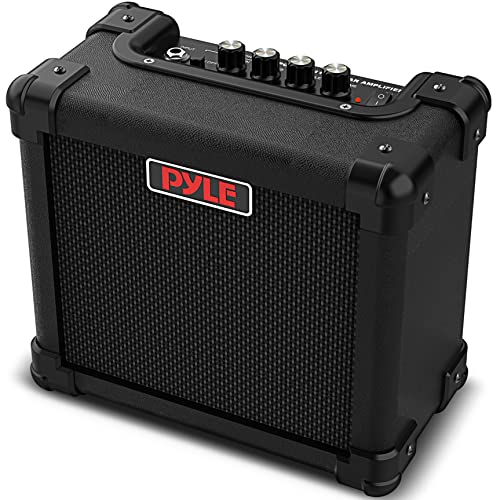sadowsky13
Active member
- Joined
- Jun 5, 2008
- Messages
- 34
- Reaction score
- 0
I recently got a Mesa Roadster (1 Month ago). Have used it for a few practices and today was my second gig with it. I am really careful with my gear and take good care of it. Today I packed up the SUV to go to the gig. Got to the gig and noticed the reverb knob on the rear of the amp channel four broke off. Now obviosuly it must of been hit by some other gear while in the back of my vehicle. The Pet peeve is that I noticed the pot shaft was plastic. Other amps I have owned had metal shafts. I just found myself saying that for the amount of money I spent on the amp you would think the shafts would be more durable.
Just had to vent! Anyone else have this happen??
Just had to vent! Anyone else have this happen??























